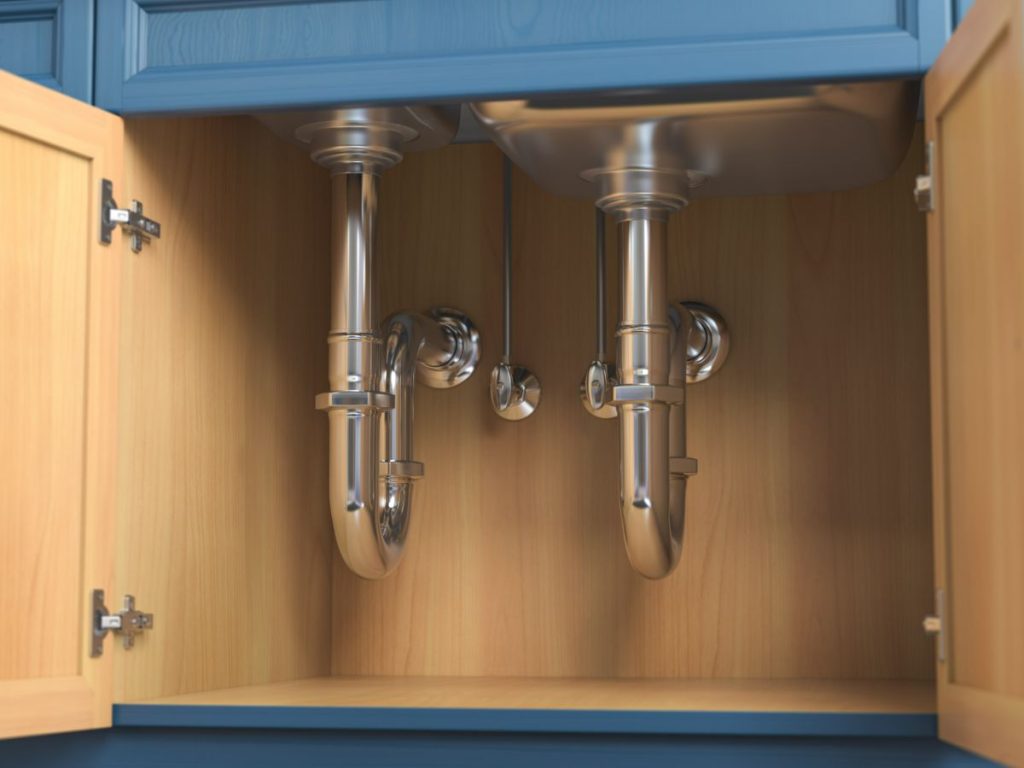Overview
Let’s take a look at why residential pipes are essential components of your home’s plumbing system. It is responsible for transporting water, gas, or sewage within the structure. Understanding the different types, like PVC, galvanized steel, cast iron, PEX, and ABS pipes, ensures smooth water supply and drainage. Knowing which pipes your home has and when to replace them is crucial for maintaining a functional plumbing infrastructure.
What is a residential pipe? They are the unsung heroes of every home’s plumbing system, playing a crucial role in ensuring the smooth flow of clean water and the efficient removal of waste. As an essential component, having a grasp of the basics of residential pipes is paramount for homeowners to maintain a well-functioning plumbing infrastructure.
In this comprehensive guide, we’ll dive into the world of residential pipes, exploring their various types and functionalities, and equipping you with essential knowledge to become familiar with their inner workings. By the end of this guide, you’ll have a go-to resource at your fingertips, empowering you to make informed decisions about your residential pipes and keep your home’s plumbing running smoothly.
What is a Residential Pipe?
A residential pipe is a hollow tube designed to transport water, gas, or sewage within a residential structure. These pipes are an essential part of a home’s plumbing system, providing the necessary conduits for clean water supply and waste removal.
They come in different sizes and shapes to accommodate the specific needs of different fixtures in a residential setting, such as toilets, sinks, etc. Residential pipes ensure the proper functioning and flow of water throughout the home, making our everyday activities like bathing, washing dishes, and flushing toilets easier.
Types of Pipes Used in Houses
In your home, you will come across a variety of plumbing pipes, each serving a specific function. Let’s look at the main five types:
PVC Pipe
Polyvinyl chloride (PVC) pipes are a great option for transporting water in your home. They can be used for both supplying clean water and removing wastewater. They do not rust, so they won’t affect the quality of your water. This makes them a safe choice for transporting drinking water.
However, they are not suitable for gas lines due to the nature of the material being plastic. If you are planning to use PVC pipes for hot water applications, it’s best to choose stainless steel pipes instead.
Galvanized Steel Pipe
If you prefer the strength and durability of iron or steel, galvanized pipes might be a good option for you. These pipes are made of metal tubing coated with a layer of zinc, which helps increase their resistance to corrosion.
Nowadays, they are commonly seen in applications involving wastewater and gas connections. The threaded ends of these pipes make it easy to connect them to other tubing, allowing for maximum length and flexibility in plumbing installations.
Cast Iron Pipe
Cast iron pipes are commonly used for underground sewage systems and can still be found in homes and drainage systems in many cities. These pipes can last a long time, typically between 80 to 100 years, under the right conditions. They are known for their heaviness, which means they require some form of support while they are being assembled and installed.
PEX Pipe
PEX, which stands for cross-linked polyethylene, is a type of plastic pipe that is commonly used to supply both hot and cold water in homes. It can also handle the water pressure in your plumbing system.
ABS Pipe
ABS (acrylonitrile butadiene styrene) pipes are made of thermoplastic resin. They have a similar appearance to PVC pipes, but they are black and slightly softer. They are commonly used for venting and draining purposes, both indoors and outdoors, in plumbing systems.
How Do I Know Which Pipes to Use at Home?
If you’re unsure about the type of piping system in your home, there are simple ways to find out:
Check the Pipes Under Your Sink
Take a look at the pipe that comes out from under your sink. If it appears to be made of steel, there’s a good chance that your home has more steel piping throughout.
Examine the Pipe Connected to Your Water Heater
See what kind of pipe is connected to your water heater. If it looks like it’s made of galvanized steel, it’s likely that you also have a galvanized steel gas line in your home.
Use a Magnet to Test the Pipe
Grab a magnet and bring it close to your piping. If the magnet sticks to the pipe, it’s probably made of metal.
By checking these, you can get a better idea of the materials used in your home’s piping system.
When Should Residential Pipes Be Replaced?
Residential pipes should be replaced when they show signs of deterioration or damage, or when they reach their expected lifespan. Here are some common situations that might indicate the need for pipe replacement:
- Frequent leaks or bursts
- Low water pressure or poor water quality
- Corrosion and rust
- Strange noises and vibrations
Key Takeaway
What is a residential pipe? It plays a vital role in the effective distribution of clean water and the efficient removal of waste in homes. Building a comprehensive understanding of the various pipe types empowers homeowners to make informed decisions regarding their plumbing system.
Do you need premium quality black iron, galvanized iron, or steel piping? Supreme Pipe is at your service. Our versatile pipes can be employed in various applications across residential, commercial, and industrial settings. Get in touch with us here for further discussion on how our products and services can meet your specific requirements.
